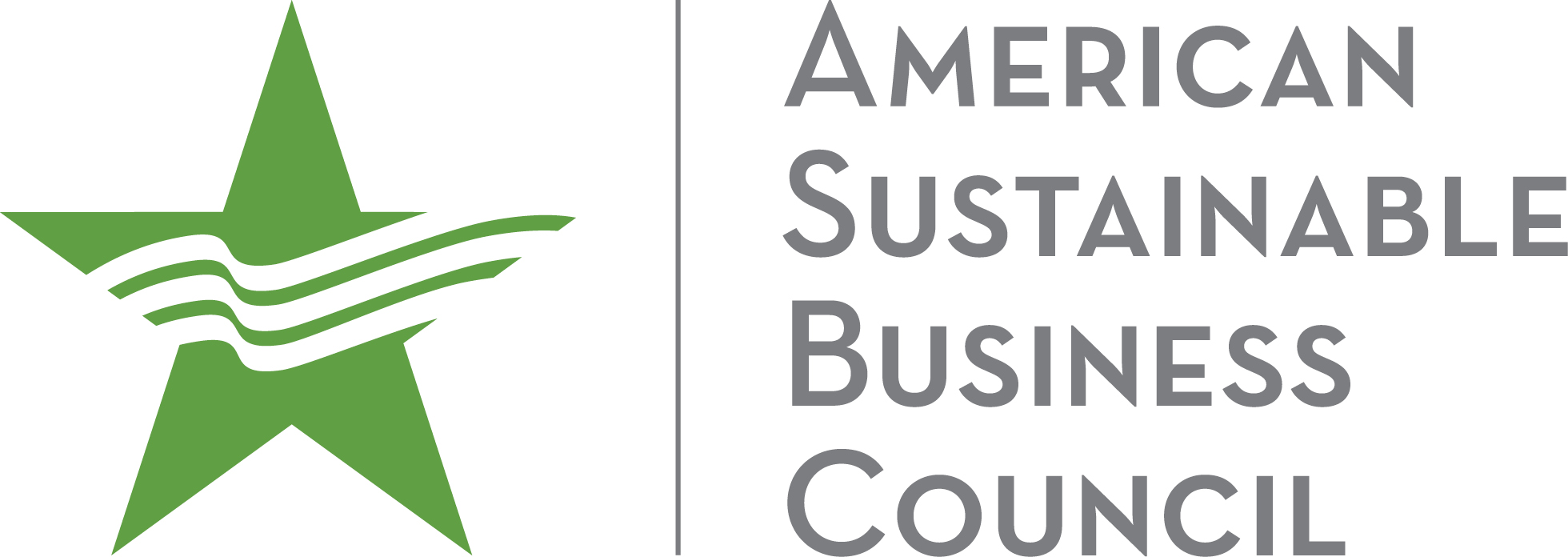New Report: Restoring Top Tax Rates Makes Sense for Small Business
Job Growth Much Better Before Tax Cuts; High-Income Taxpayers Reap More From "Middle-Class Tax Cuts" than Middle Income
Published 10-05-10
Submitted by American Sustainable Business Council
A report released today by business organizations finds it makes good business sense to reset top tax rates to where they were between 1993 and 2000 during the longest economic expansion in US history. "Restoring Top Tax Rates Makes Sense for Small Business," by Business for Shared Prosperity and the American Sustainable Business Council--representing over 200,000 companies, small business owners, investors and executives--finds:
- Job growth was much better with pre-2001 top bracket tax rates than current rates. The Bush administration created just 1.1 million jobs net, while the Clinton administration created 22.7 million. In the six years after Clinton's 1993 tax increase, employment grew 16.2% compared to just 4.8% in the six years between Bush's 2001 tax cut and the Great Recession.
- Everybody will still pay less income tax than in 2000, when there was a budget surplus. If the top rate tax cuts expire on schedule for couples with taxable income over $250,000 and individuals over $200,000, they will still keep tax cuts on the portion of their incomes below those thresholds if Congress extends the "middle-class tax cuts" applying to lower brackets.
- High-income households will actually get thousands of dollars more than middle-income households from the "middle-class tax cuts."
- Less than 3% of tax filers with any business income make over $200,000 (individuals) or $250,000 (couples) a year, and that's counting hedge fund investors, wealthy people renting vacation homes, big business board members and other non-small business owners.
"Letting high-end tax cuts expire is a good business decision. We can invest the money to generate more customers for small businesses by keeping teachers, police officers and other Americans working and rebuild the crumbling transportation and energy infrastructure businesses depend on," says Frank Knapp, CEO and President, S. Carolina Small Business Chamber of Commerce. - Small business hiring is driven by customer demand, not tax rates. In the words of small business owner Lew Prince, "I've been in business more than 30 years and my income tax rate doesn't affect hiring. The cost of a new employee comes off my taxable income--like my other business expenses. Expecting high-end tax cuts to trickle down as job creation is about as reasonable as pouring gasoline on your hood and expecting it to fuel your engine."
"It's time to end, not extend, policies that created the worst economic crisis since the Great Depression and build an economy that grows our small businesses and middle class rather than destroys them," said Scott Klinger, co-author of the report for Business for Shared Prosperity and the American Sustainable Business Council.
The report is available at http://www.businessforsharedprosperity.org/Resources/Restoring+Top+Tax+Rates+Makes+Sense+for+Small+Business
To interview small business owners around the country contact Bob Keener, Business for Shared Prosperity, 617-610-6766, bobkeener@businessforsharedprosperity.org.

American Sustainable Business Council
American Sustainable Business Council
The American Sustainable Business Council (ASBC) is a national coalition of mission-driven businesses, social enterprises and sustainable business networks working to create a vibrant, just and sustainable economy. What unites us is a deep belief that we must move to a new economy that is grounded in principles of sustainability and equity.
The Council represents over 55,000 businesses and enterprises and more than 150,000 executives, owners, investors, entrepreneurs and business professionals. It is comprised of partners, which are organizations that represent businesses and social enterprises as well as entrepreneurs, executives, owners and investors committed to building a vibrant, just, and sustainable economy. ASBC promotes policy change by educating and informing the business community, policy makers and the media about the business case for change, and by engaging the leaders of businesses and enterprises in building broad support for the policies America needs. We work on a range of policy areas, including: financial reform, health care, chemicals policy, climate change and business taxes. We believe that the policies that will lead us to a sustainable and just economy are also good for business and good for America. Making the right commitments and investments will produce more and better jobs, build strength in key technologies, and make the U.S. more independent and secure.More from American Sustainable Business Council

